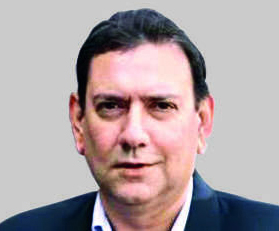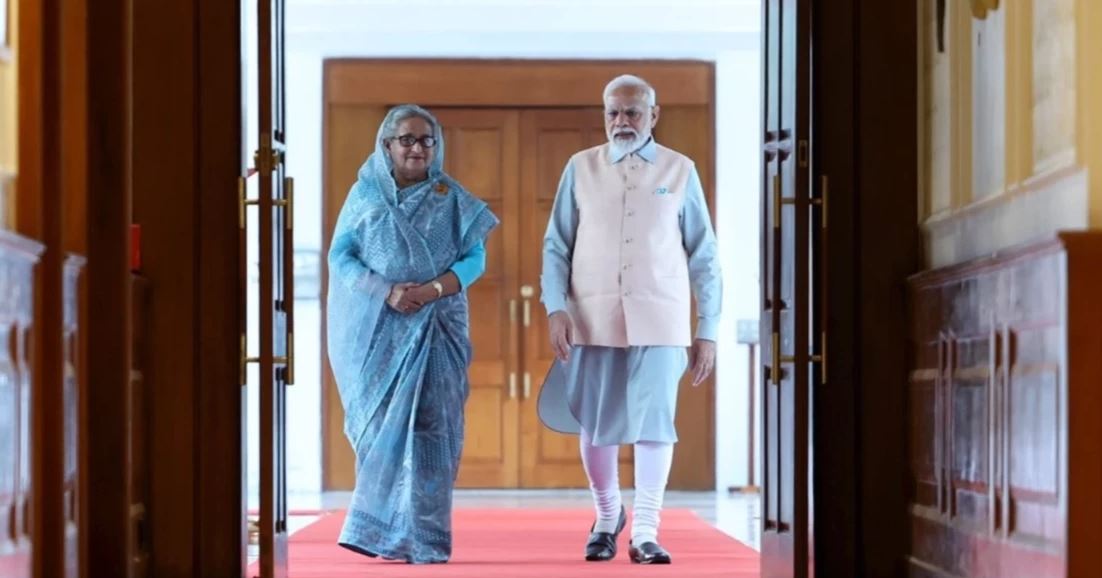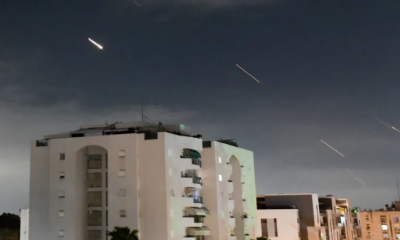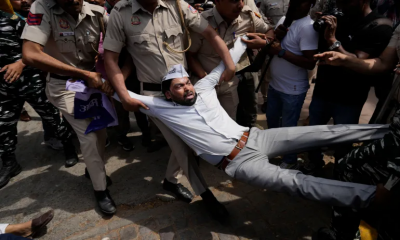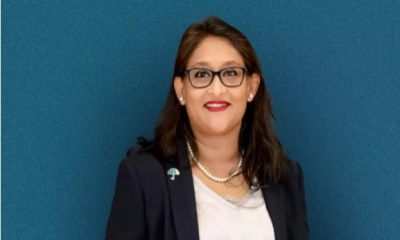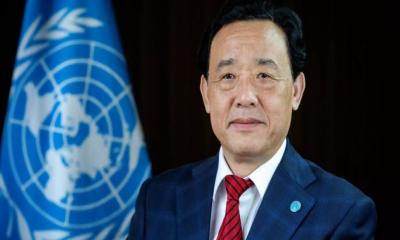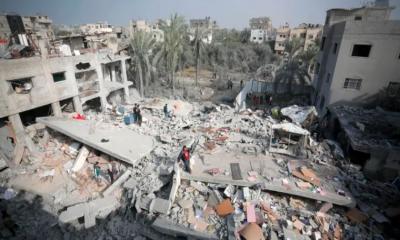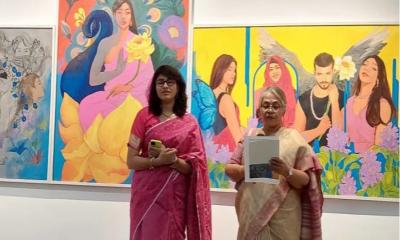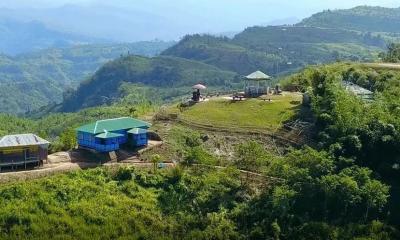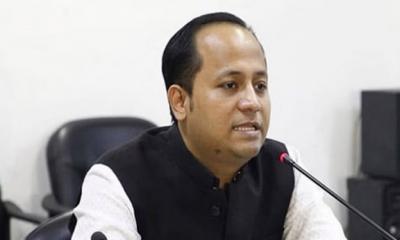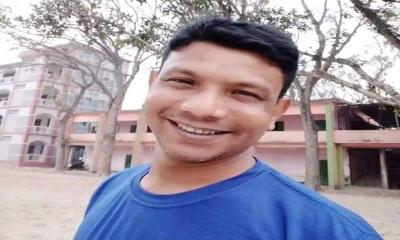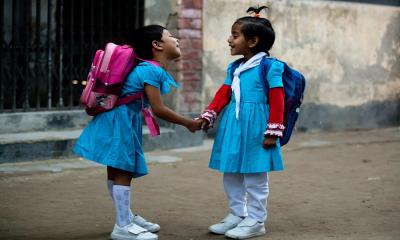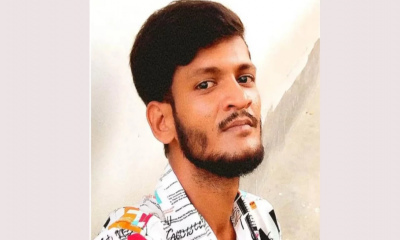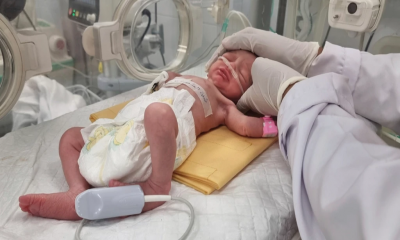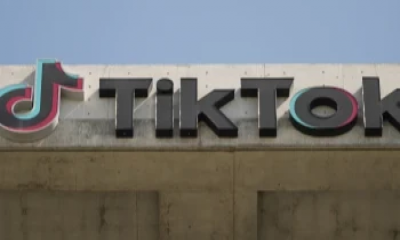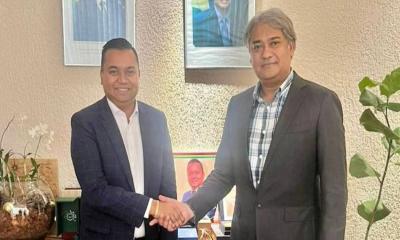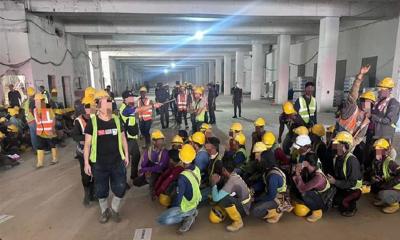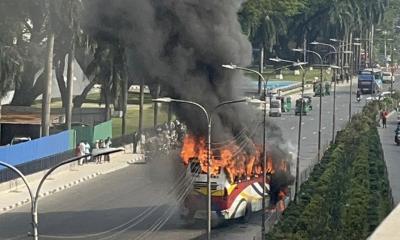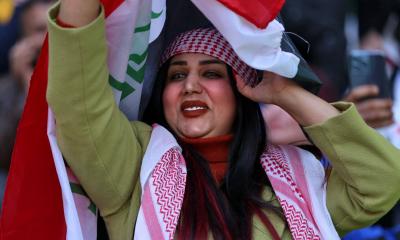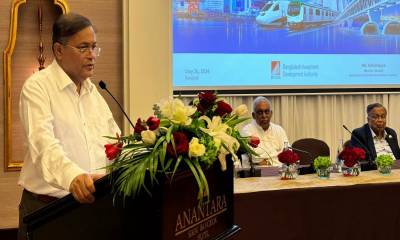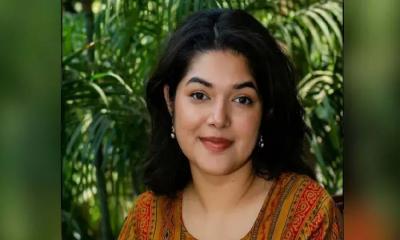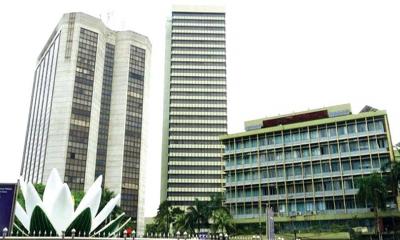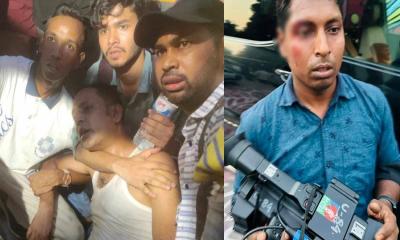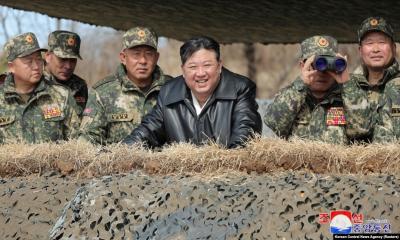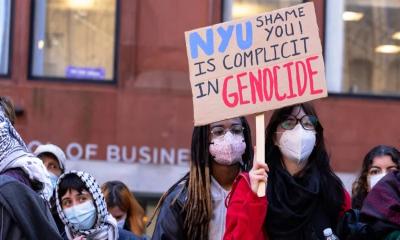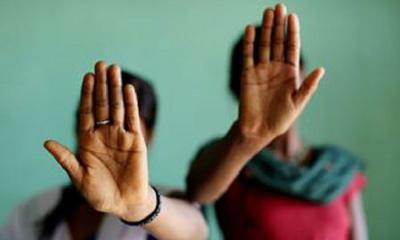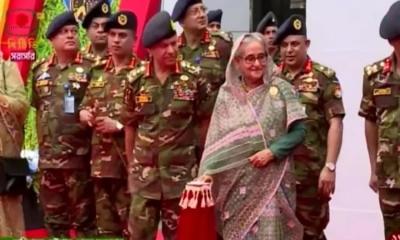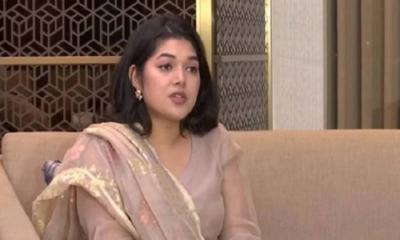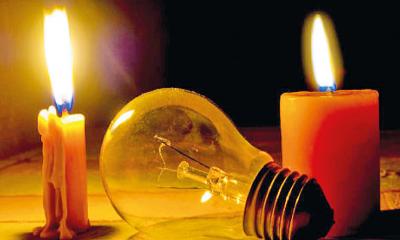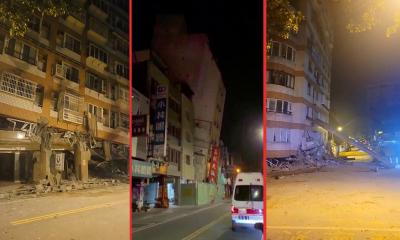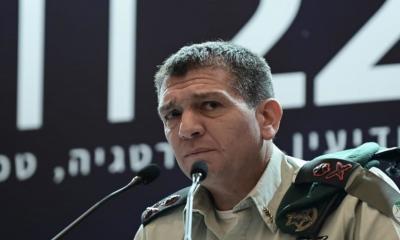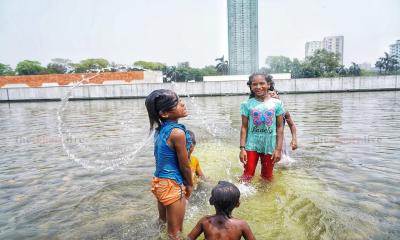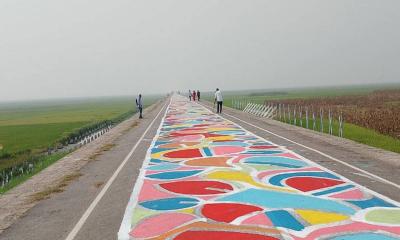There was a time when the ULFA made parts of the Northeast look more like the American Wild West in John Wayne movies. After every outrage, ULFA gunmen would slip away to their hideouts in Bangladesh and there wasn`t anything India could do about it.
There were days when all of India cringed: after a shoot out between security men of Bangladesh and the Border Security Force, the bodies of dead Indians were returned, their wrists and ankles were ties to a bamboo pole as if they were slaughtered deer.
There was a time when getting a Bangladesh visa was difficult- this correspondent truthfully replied that the task at hand was conducting an inter-school quiz in Dhaka for an international publisher and in the time available, attack something as palatable as smoked hilsa and go shopping for saris for the wife. The official, seething with anger, asked: "If there`s a border clash, won`t you cover it?" The visa request was, expectedly, denied.
All this seems several lifetimes ago, but it was just before this Sheikh Hasina (she turned 76 today) era, beginning 2009. It`s like last night`s bad dream after a hearty breakfast and a convivial chat. India breathed easy: the ULFA camps are a distant memory, the border firings one hears about are along the Line of Control and both sides believe in what diplomats quaintly call people to people ties.
Ask the average Indian about Bangladesh and the answer will be "Sheikh Hasina`s government is a friend." And rightly too. Bangladesh has done some heavy hitting for India. Before a SAARC meeting in Islamabad, Dhaka brought up the terrorism issue and the resultant security problem. India followed.
After a terror attack in Dhaka, Sheikh Hasina pointed out that violence, particularly during Ramzan, was unacceptable. When I interviewed her a year later, she spoke out strongly against violence and corruption. "Look at me. They`ve killed my father, my mother, and my brothers. What good is money?" She also showed her sensitive side. "Why do you criticise Aung San Suu Kyi so much? She`s suffered so much. She`s been in jail; she couldn`t even go and see her husband when he was dying. I ask people to be more compassionate."
In the Sheikh Hasina years, Bangladesh has done better than India in some areas. It is certainly not an international basket case. The enclave issue has been sorted out. Only Teesta remains and both sides know why it hasn`t got done. Finally, Prime Minister Narendra Modi and Sheikh Hasina have a good working relationship.
Then, there was Pranab Mukherjee. Days after he took over as President, in 2012, he showed me a copy of Bangabandhu Sheikh Mujibur Rahman`s unfinished autobiography, the only one in Delhi at that time. Sheikh Hasina had signed it with the words: "To Dada and Boudi." He said: "Joy (Sheikh Hasina`s son) brought it over. Mukherjee was Sheikh Hasina`s "Dada" or elder brother "You`re breaking protocol," Pranab Mukherjee said to her when she called to congratulate him after his election to the Lok Sabha. "Protocol rakhen (Forget about protocol)," she replied.
She can be very charming. When she heard, before an interview about my late father -- Basanta Chowdhury from Deep Jwele Jaai (1959) movie -- a matinee idol in his time, she said: "Oh really! I have seen all his films.
Today, a lot depends on Sheikh Hasina. And a lot of people in India would wish her "Happy birthday" with many more to come.
Srinjoy Chowdhury is the national affairs editor at Times Now. This opinion editorial was originally published in the Times Now. Views expressed in this article are the writer’s own.

